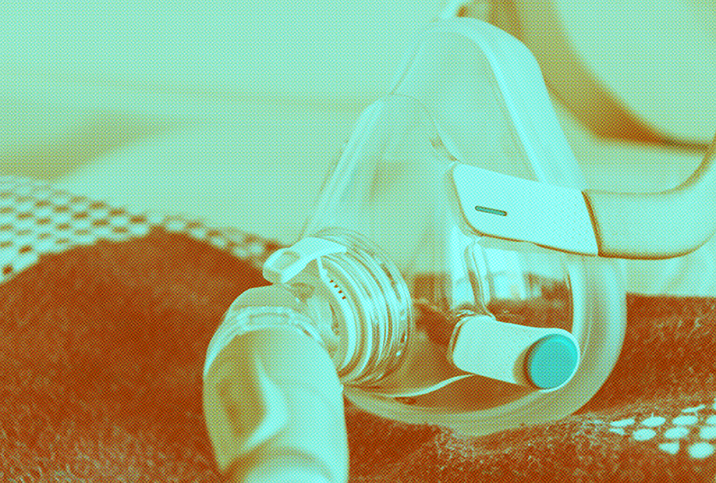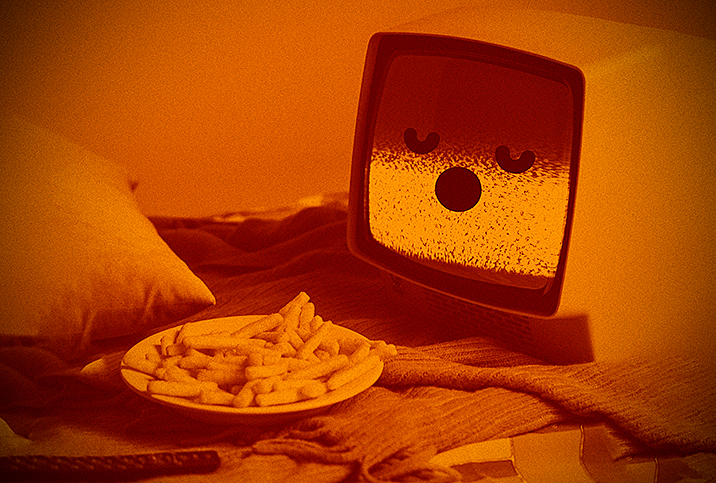You Might Be Grinding Your Teeth Without Knowing It

An estimated 16.5 percent of adults grind their teeth at night (up to 15 to 40 percent in children), yet the majority aren't aware of their actions. If you want to know if you're a grinder, it's good to know the signs and look out for any indications you may be clenching. Early intervention and treatment can protect the integrity of your teeth and prevent chronic problems.
Bruxism defined
Teeth-grinding, scientifically termed bruxism, is a condition in which a person uncontrollably or unconsciously grinds or clenches their teeth. This can occur during the day while awake (awake bruxism) or, more commonly, at night during sleep (sleep bruxism). The latter is characterized as a sleep-related movement disorder and accounts for around three-quarters of all bruxism cases.
So what's the fuss about?
Teeth-grinding has more consequences than you might think. It can degrade actual tooth structure, resulting in tooth sensitivity. Teeth can become loosened, cracked or lost entirely. In severe cases, excessive teeth-grinding can cause damaged enamel and more obvious aesthetic problems, which may require correcting with dentures or veneers (both of which may not withstand continued grinding).
Furthermore, grinding can contribute to gum recession and painfully exposed nerves and root surfaces of the teeth, costing you big bucks in dental repair. It can also lead to temporomandibular joint (TMJ) syndrome, a disorder in which the jaw muscles and nerves are inflamed or injured, and which increases migraine headache risk by 60 percent. Strain of the jaw bone can degrade the joint to the point it requires intervention. Clenching can also cause muscle tension throughout the entire neck, back and shoulders, leading to or contributing to chronic muscle and joint pains, not to mention the resultant emotional distress.
Obvious signs
Certain indicators of teeth-grinding are pretty hard to miss: changes in tooth contour, such as worn-down (flattened) canines, chipped or loose teeth, broken teeth or fillings. A good idea is to compare your smile to an old picture of yourself. If you can't get a good look at your teeth yourself, ask a friend or partner to help.
You might notice yourself clenching throughout the day, or a partner may mention they hear you grinding at night.
Subtle signals
Jaw pain, clicking or popping (particularly when yawning, chewing or speaking) can be a warning that something is up. Discomfort may make it difficult to open your mouth wide. Muscle tension in your neck or back can also be clues, as can facial pain, headaches/migraines, earaches, disrupted sleep and fatigue. Experiencing sensitivity when you sip on a warm or cold beverage, or eat sugary foods, can also be symptoms.
While it's true many of these can mean something else, or nothing at all, they may be the result of grinding. If you have a family history of bruxism, pay extra attention to even subtle signs—a genetic link increases bruxism risk to as high as 50 percent.
Next steps
If you notice any of the above symptoms, check with your dentist or orthodontist. If bruxism is confirmed, you can have a fitted mouth guard or mouth splint made to reduce grinding and protect your teeth from further damage. However, while a night guard can save your chompers, it won't necessarily protect you from the other symptoms of bruxism, including muscle pains, TMJ disorders and migraines.
Also, make sure you discuss the possible causes of your condition with your doctor. Bruxism is often linked to stress, anxiety and sleep issues muscle relaxation exercises, meditation and mindfulness techniques, and good sleep hygiene may decrease the likelihood of grinding.
A class of antidepressant medications known as selective serotonin reuptake inhibitors (SSRIs)—sertraline, paroxetine, fluoxetine—has also been linked to bruxism. If you're taking a SSRI, talk to your primary care doctor or mental health provider about the association between the two, and how to proceed.
New research has also linked clenching and grinding to airway obstruction during sleep. Your doctor can evaluate you and discuss any need for intervention to improve breathing at night.


















